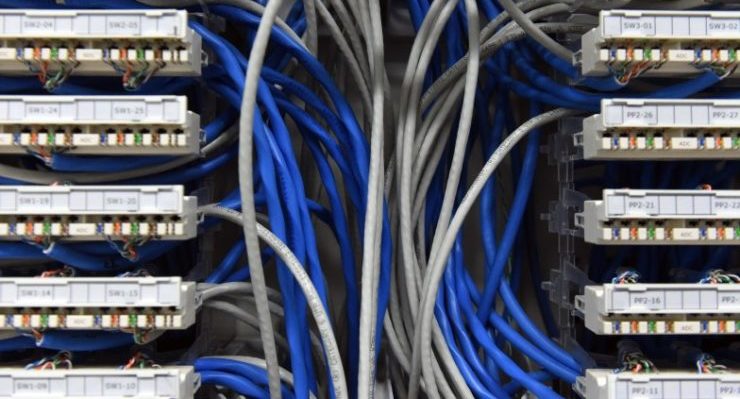
Over the weekend, Crikey readers responded to the continued fallout of the Nine-Fairfax merger announcement, particularly Emily Watkins’ question about what we can expect from investigative journalism (hint: not much). Standard & Poor’s report highlighting Turnbull’s mishandling of the NBN hit a nerve, and a final note was dropped in an ongoing debate on digital security between two readers.
On S&P’s damning NBN report.
Totaram writes: Did anyone doubt from the beginning what the objective of the “multi-technology mix” was? It was designed to produce an inferior NBN which would not allow the likes of Netflix to finish off Foxtel. Once this government is gone there will be renewed calls on Change.org for a royal commission into the NBN disaster. It will reveal the truth of what took place.
Camm writes: It is unfortunate that Labor resisted the audit of its business case all the way back in 2009 or so, as it would have set a transparency precedent that Turnbull would have found hard to resist.
As is, this isn’t going anywhere, and an audit when Labor does come into power will just be seen as politics.
On the future of Australian investigative journalism
Lord Muck writes: The narrative is that more capital means a more efficient news service. But Mitch Fifield was grinning like a Cheshire Cat. I dread to think what that means.
Arky writes: The Guardian’s bump from “disenchanted Fairfax readers” basically happened years ago. The Guardian Australia’s initial audience decamped from Fairfax was due to Fairfax’s bloody-minded anti-Gillard crusade and general move to the right.
And a final note on the digital privacy debate
James Burke writes: Writing “Taking someone’s mail, without knowing their password or to which service that password is for is useless”, Rob Pickering (Crikey Comments, July 25th) misses my point. These grifters couldn’t care less about your current passwords. They’ll never know them; they don’t need them. The point of phone number porting fraud is to take over your apps and accounts by ordering “forgotten password” resets, using their own two factors: your hijacked phone number, and their dossier of information about you. Information largely sourced from your stolen (or photographed) mail, and from social media.
People should still use 2FA and other recommended password security measures. I’m just pointing out that phone-linked 2FA becomes redundant if you fall victim to this common fraud. Just as putting a lock on your letterbox will make it more secure, but more sophisticated thieves can still open it without ever laying hands on your key.
This isn’t the only identity theft method linked to the current mail theft pandemic. Offline data breaches are often the cause of online breaches and they can’t be ignored.
Send your comments, corrections, clarifications and cock-ups to boss@crikey.com.au. We reserve the right to edit comments for length. Please include your full name.







Guy
Most politically interested people got heartily sick of of the Press Gallery obsession with the Shorten/Albanese leadership issue during the by election campaign. Sure the leadership is an issue and you should report on it occasionally, but almost all the reporting on the by elections was framed in terms of that issue. It got very boring and crowded out discussion of policy differences. We know why News Limited continually beats the drum on the issue, as they want Labor to lose. So it is perplexing that the non News Limited media followed the News Limited line like sheep. Barrie Cassidy to his credit made a mea culpa to the public for wasting our time with the way the media reported the by elections. But the Insider guests were having none of it. When will the media realise that the way they are framing stories is serving the body politic very badly?